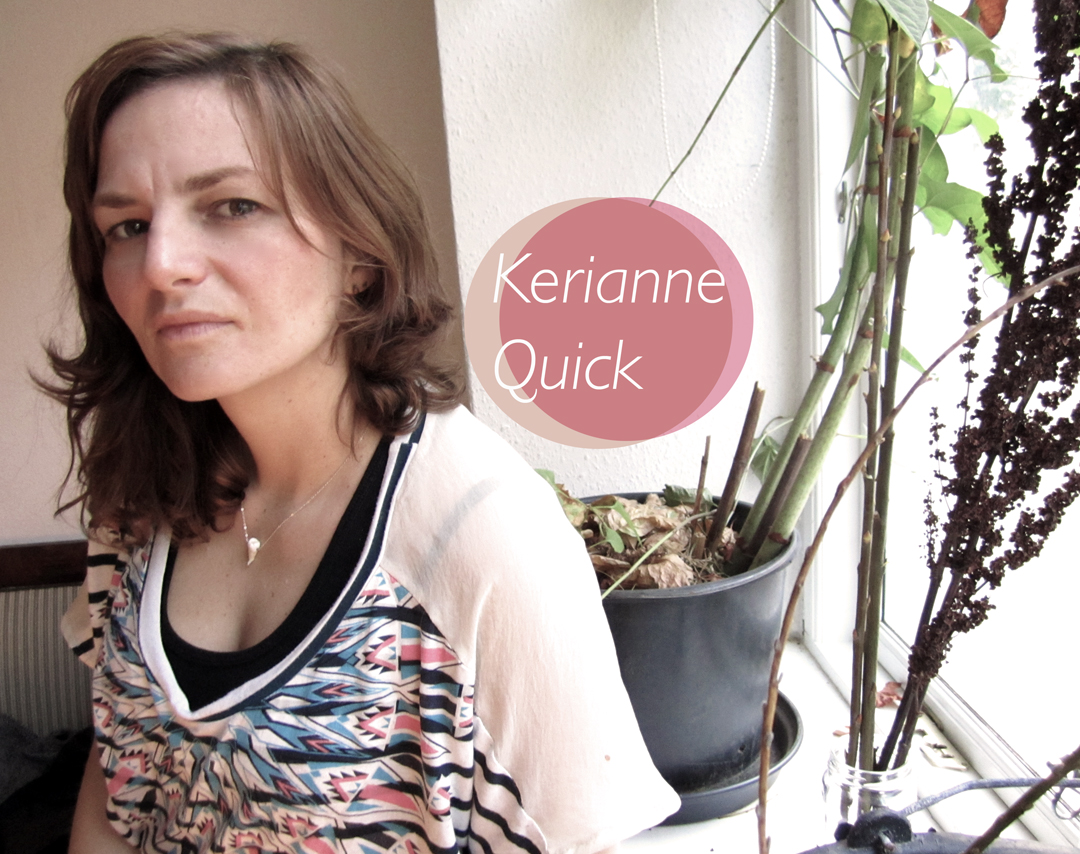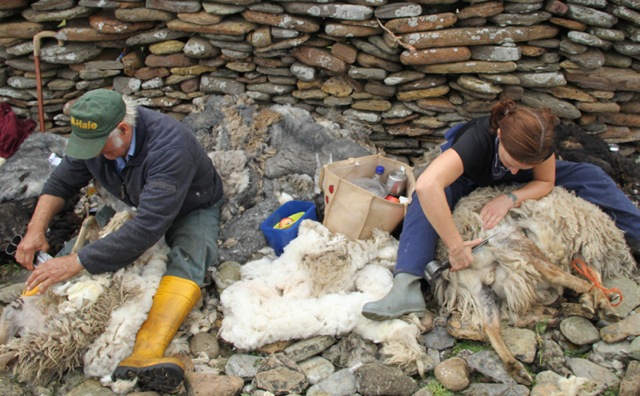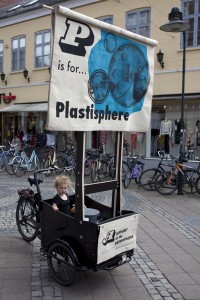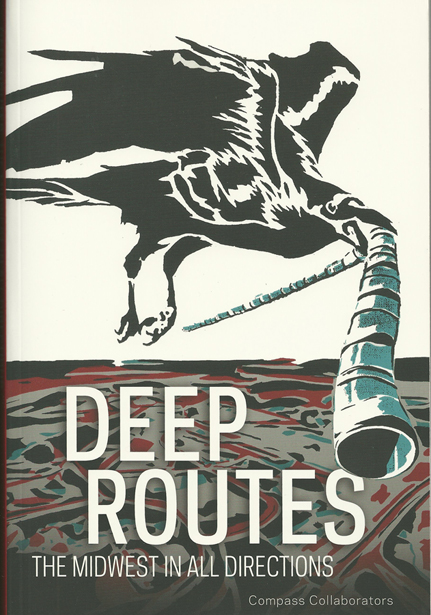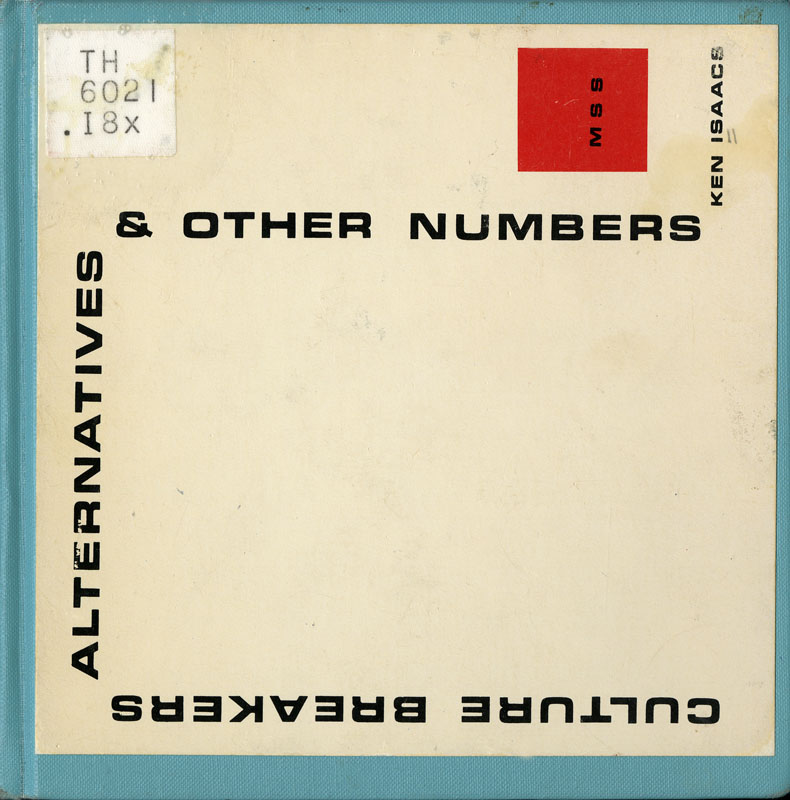Interview: Kerianne Quick, Source Matters
Kerianne Quick is an artist who knows how to drive a bulldozer, and also a forklift. A clue that it is important for her to take matters into her own hands. This independent spirit has led her to develop her current body of work, Source Matters.
Quick visited us at the Mythological Quarter from Amsterdam, where she is currently doing a research fellowship in the Dutch design and materialsmith community. Quick is herself a materialsmith and arts writer. For this MQ interview, we talked to her about Source Matters.
Quick started her arts career studying metalsmithing and making a production line of jewelry in California. After beginning the MFA program at the University of Illinois Urbana Champaign, she started to question where exactly the materials she used for various projects were coming from. Partly a personal brand of concern for the environment and partly a form of story telling Quick began her Source Matters series to question material origins.
In our current world of global capitalism, large-scale production, global warming, and environmental destruction through resource extraction, Quick grew concerned about the ethics of her own art practice. Rather than produce work simply to produce, she wanted to become intimately involved in all the materials she used in making her art work. So, she began to research under the title Source Matters.
Currently, Source Matters consists of three projects covering three different materials: Hawaiian turbinado sugar, North Ronaldsay fleece (wool), and White Pine copper from Northern Michigan. For each material, Quick either traveled to the location of its original production or researched extensively to determine from where it came. For each material, she had a personal connection with the material through family, personal experience, or where she lived.
For example, for the wool project, North Ronaldsay Fleece, Quick traveled to the island of North Ronaldsay in Scotland home to a thriving, small-scale wool industry. Quick had studied art in Glasgow and has continued to visit Scotland. She worked on North Ronaldsay during sheep shearing season to acquaint herself with how to source wool. The sheep on North Ronaldsay are special because they eat a diet consisting largely of seaweed. Quick worked closely with the North Ronaldsay crofters, those that raise sheep and harvest their wool, to learn about the history of the industry on the island and how to sheer wool, clean, card it, and spin it into yarn.
The island facing an economic collapse in the early 2000s, decided to collectively take control of their economic survival. Realizing that they had the means of production, in a specialized breed of sheep and space in old buildings to form a mill, the islanders organized. Their mill, housed in the former lighthouse keeper’s quarters of an old lighthouse, is now one of the last mills in the United Kingdom. The return of the island’s economy to a hyper local one has been a successful experiment.
For her part, Quick took the wool from her first try at punding (an old Scottish word that describes the process of herding the sheep into pins to be shorn) and has slowly been turning it into a large pile of yarn. She has collected wool over two seasons now, and her wool pile has grown. Not only does she visit the island to help shear the sheep that will produce the wool she will use for her art piece, but also she then takes responsibility for cleaning and processing the material.
Quick has this to say about her Scottish sourcing experience,
“When I was looking at materials that were historically produced in Scotland, wool had the longest, most compelling history. Scotland during the industrial revolution (especially the border region) was about jute production, shipbuilding, and wool mills. Wool interested me the most because it had been present in Scotland as a cottage industry long before that, and it was an industry almost solely driven by the labor of women, many of whom left their villages in the Highlands and Islands to come to work. It seemed to be the most rooted of my choices.”
Quick has decided that she will not make art objects in the future, unless she can be involved in the sourcing of all raw materials needed for a piece. It is an ethical decision for her as a working artist. If you are anywhere near Amsterdam, drop her a line and buy her a beer. She is happy to talk about why source matters.
Radio Aktiv Sonic Deep Map (2013)
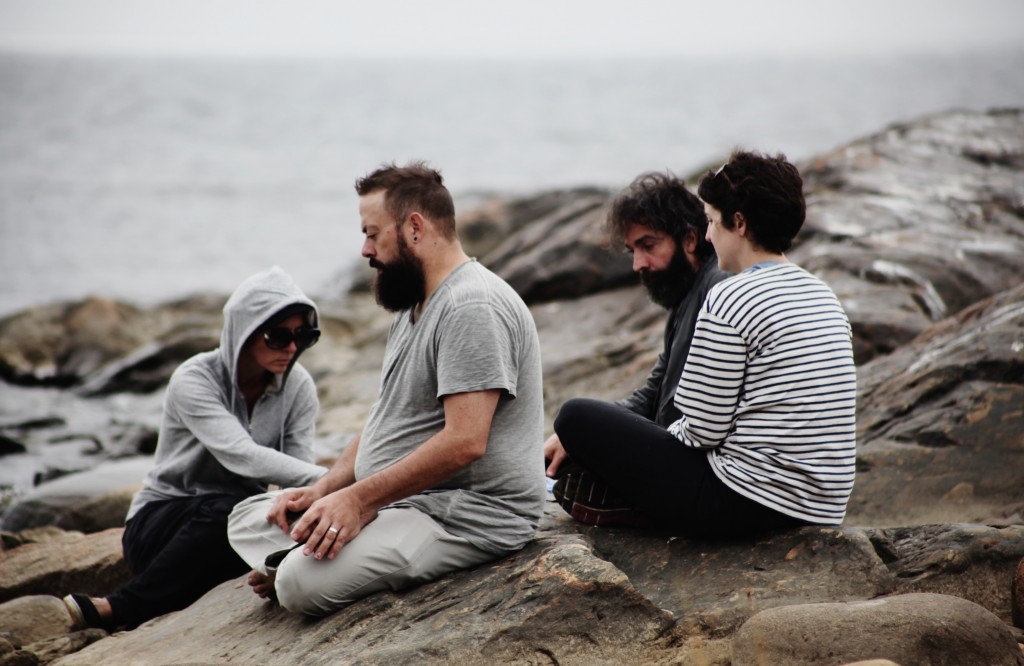
SUPERKILEN – Extreme Neoliberalism Copenhagen Style
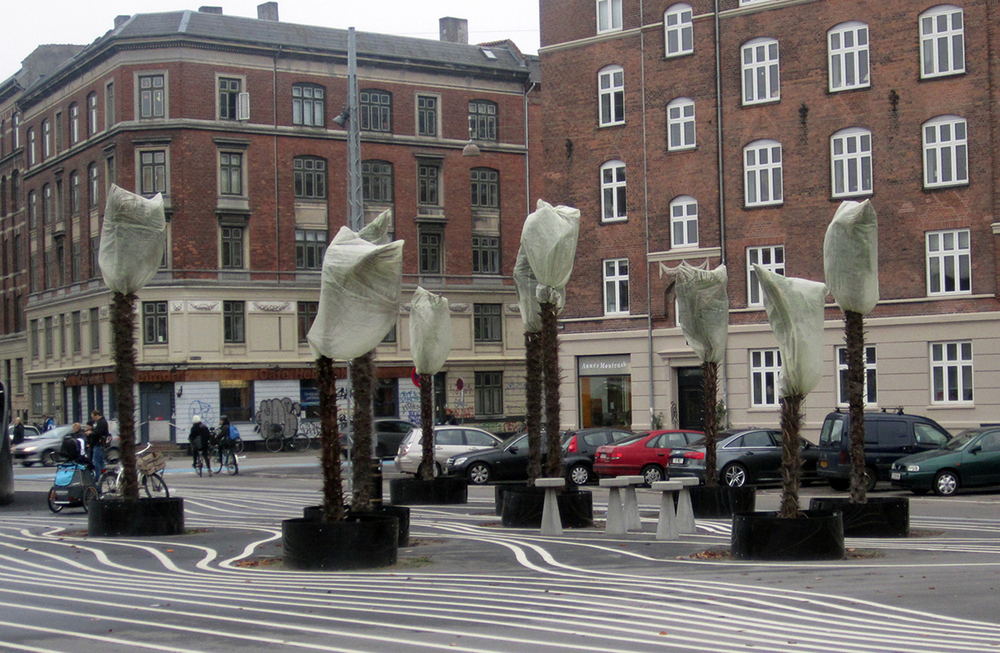
Read Brett's essay about the park.
Download our guide:
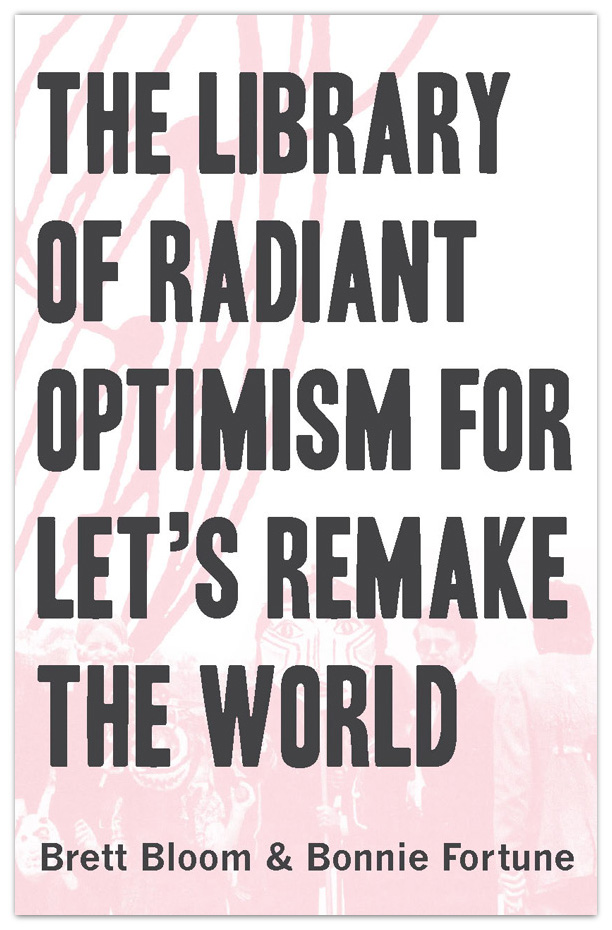
This is our guide to how-to books from the counterculture of the 60s and 70s. Click to get the download page.
Categories
- Agriculture (11)
- Animal sounds (1)
- Artist parents (19)
- Arts and culture (106)
- Bees (3)
- Book reviews (14)
- Books (18)
- Critical essays (5)
- Daily Photo (5)
- Design (36)
- Dirt (11)
- Environmental activism (43)
- Exhibitions (24)
- Farms (11)
- Forest (7)
- Friday connect (15)
- Growing (42)
- Habitat (38)
- Homesteading (16)
- Interviews (15)
- Kitchen (14)
- Living structure (9)
- MISC (15)
- Mythological (2)
- Neighborhood (83)
- Ocean News (1)
- Our Art Work (21)
- Personal – Design/Art (3)
- Play (2)
- Playground (4)
- Projects (21)
- Public space (53)
- Resilience (13)
- Sea Side (2)
- Sojabønner (2)
- Tofu (8)
- Vermont correspondence (7)
- Water (3)
- Wednesday picture (31)
- Workshop (1)
Video interview:
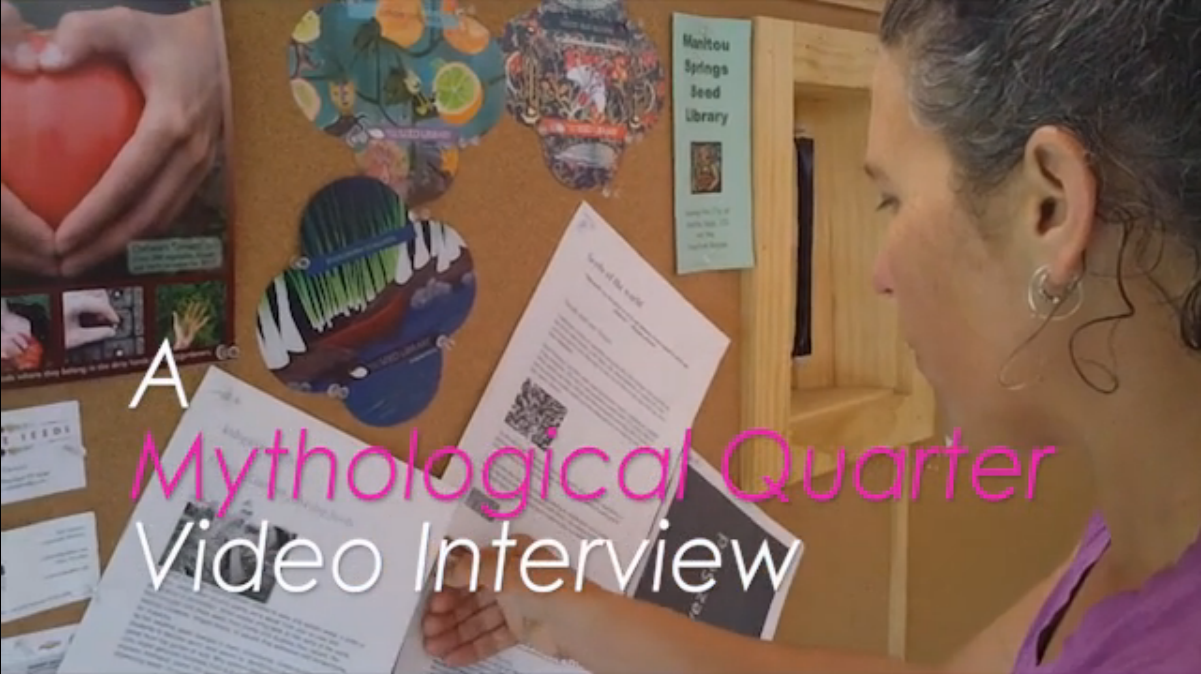
Watch our interview of SeedBroadcast, a mobile project that is part seed library and part seed-saving-story-collecting machine-recording the stories of seed saving, farming, and food sovereignty work being done around the US.
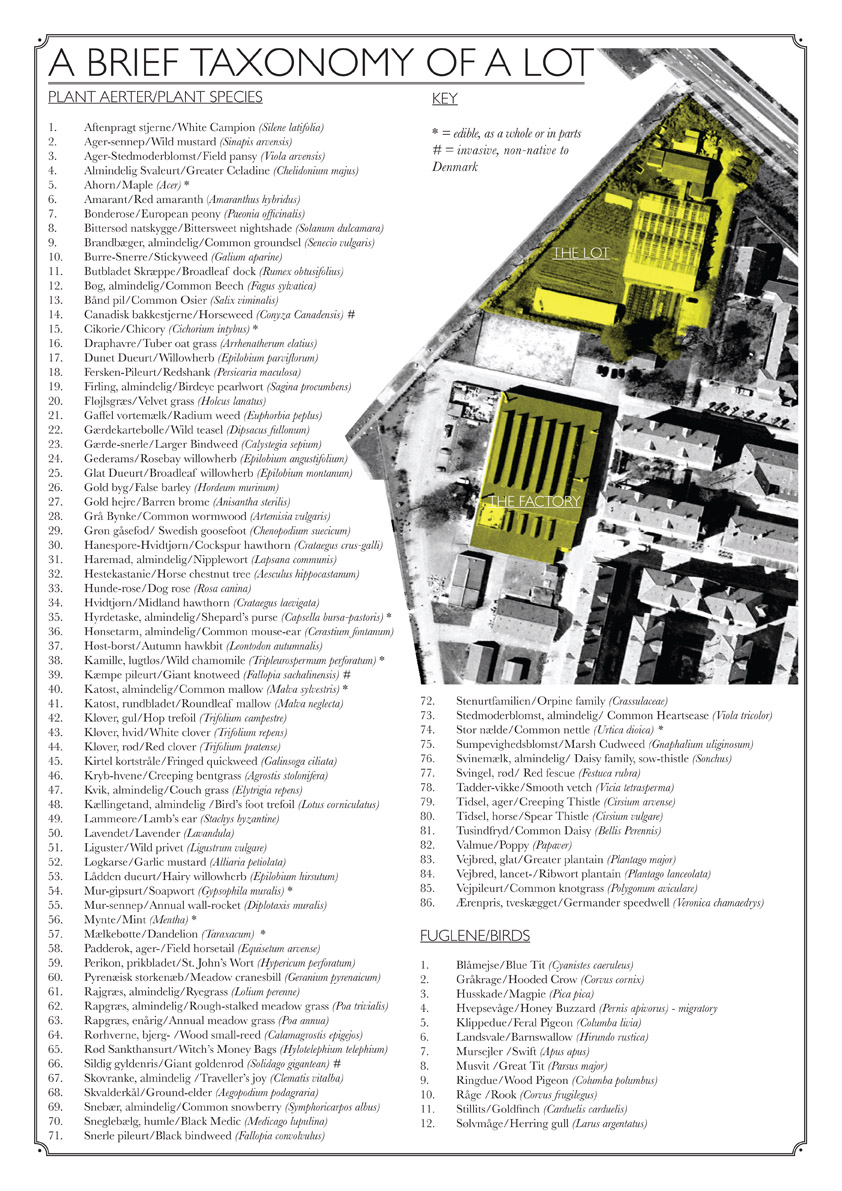
Download a poster Bonnie made about biodiversity in a vacant lot in the Amager borough of Copenhagen, in collaboration with biologist, Inger Kærgaard, ornithologist, Jørn Lennart Larsen and botanist, Camilla Sønderberg Brok: A BRIEF TAXONOMY OF A LOT
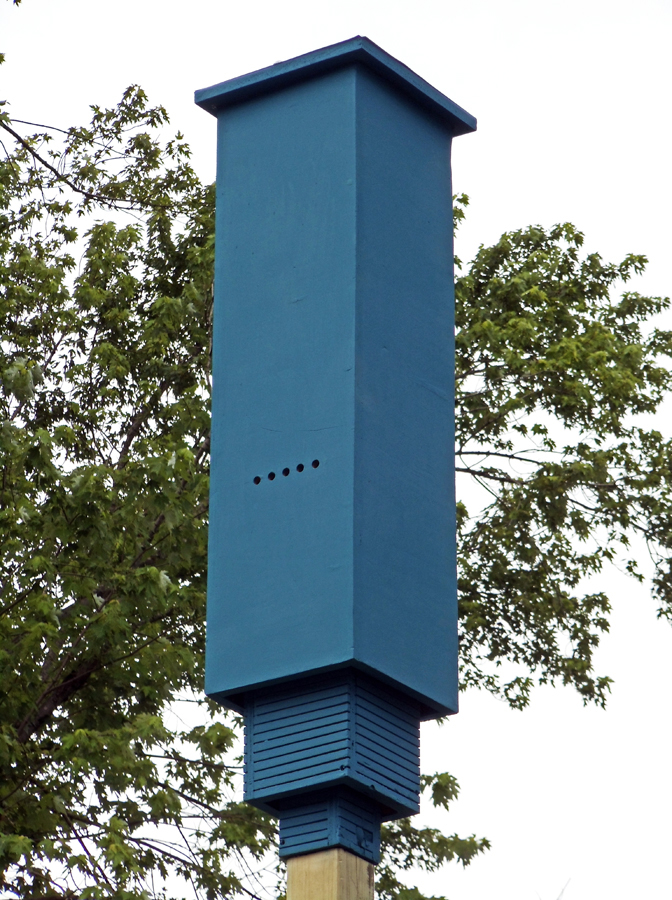
We made and installed a network of bat houses in Urbana, Illinois, to support the local and regional bat population, but also to begin a conversation about re-making the built environment.
READ MORE
BOOK REVIEW:
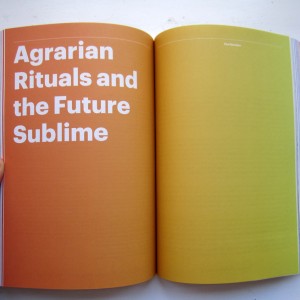
We write often about artists and art groups that work with putting ‘culture’ back in agriculture. Here is a new favorite: myvillages, a group of three women based in Germany, the Netherlands, and the UK. Read more...
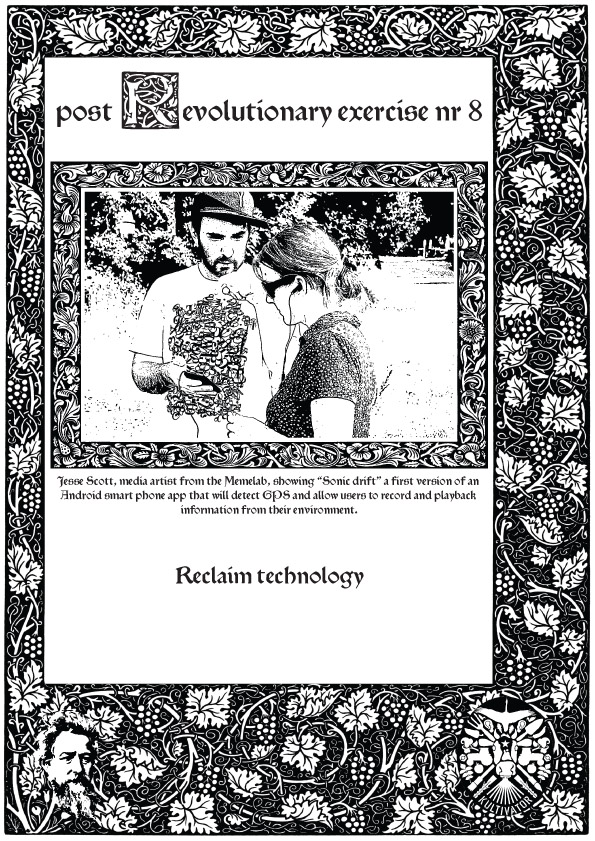
Post Revolutionary Exercises
We really admire the dedicated hard work of Kultivator who seeks to fuse agriculture and art in their work. Click this sentence to get a PDF of their poster collection called "Post Revolutionary Exercises."
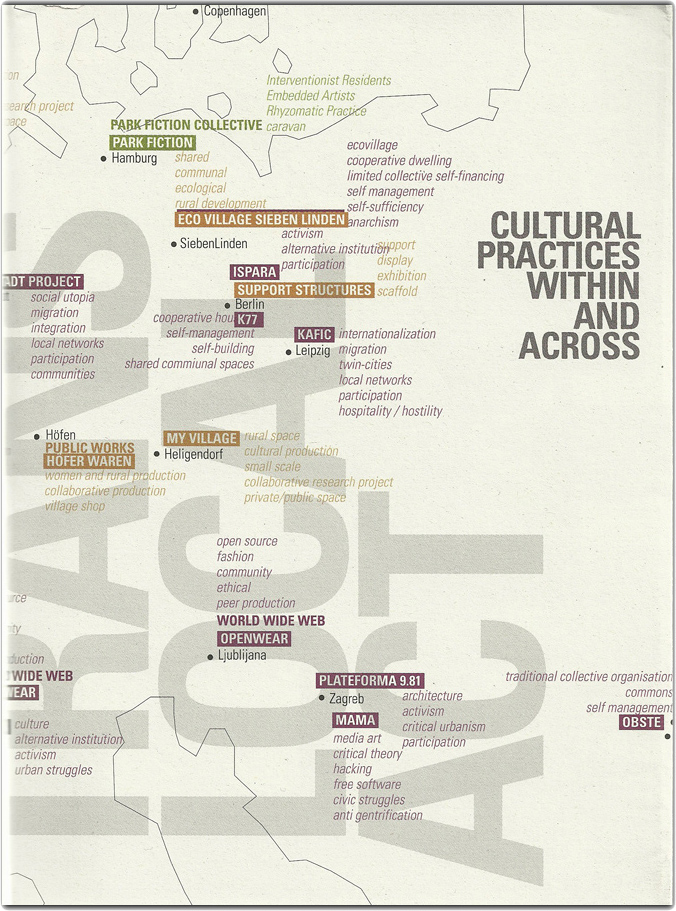
Cultural Practices Within And Across
This amazing book networks urban and rural resilience and sustainability projects around the world. Deeply inspiring projects in Romania, Paris, San Francisco, and elsewhere.
• Read our review of the book.
• Buy the book.
• Download the book.

